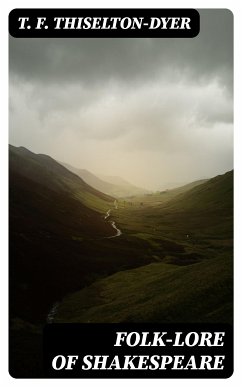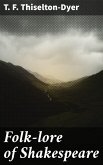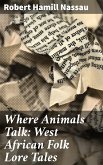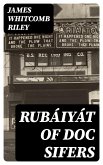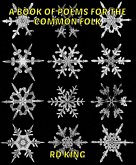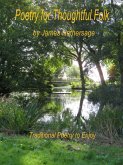In "Folk-lore of Shakespeare," T. F. Thiselton-Dyer embarks on a fascinating exploration of the rich tapestry of folklore that permeates the works of William Shakespeare. Thiselton-Dyer meticulously dissects Shakespeare's plays and sonnets, revealing how traditional beliefs, superstitions, and folklore intricately weave into the fabric of his narratives. Employing a scholarly yet accessible literary style, he situates Shakespeare within the larger context of Elizabethan society, where folklore served as a means of cultural expression and a reflection of the zeitgeist. The book offers an invaluable lens through which to analyze not only Shakespeare's art but also the communal psyche of his time. T. F. Thiselton-Dyer, a preeminent scholar of folklore and drama, was influenced by the burgeoning interest in cultural anthropology during the Victorian era. His academic pursuits-inspired by a profound admiration for Shakespeare-sought to bridge the gap between classical literature and the everyday wisdom of the common people. Thiselton-Dyer's dedication to understanding the oral traditions and beliefs that shaped Elizabethan life offers a unique perspective that enriches our understanding of Shakespeare's genius. For readers interested in Shakespeare, folklore, or cultural history, "Folk-lore of Shakespeare" presents an essential resource. This scholarly yet engaging work sheds light on the often-overlooked context of folklore, enhancing our appreciation of Shakespeare's plays and the timeless human experiences they convey. A compelling read for anyone wishing to deepen their understanding of one of literature's towering figures.
Dieser Download kann aus rechtlichen Gründen nur mit Rechnungsadresse in A, B, BG, CY, CZ, D, DK, EW, E, FIN, F, GR, H, IRL, I, LT, L, LR, M, NL, PL, P, R, S, SLO, SK ausgeliefert werden.

